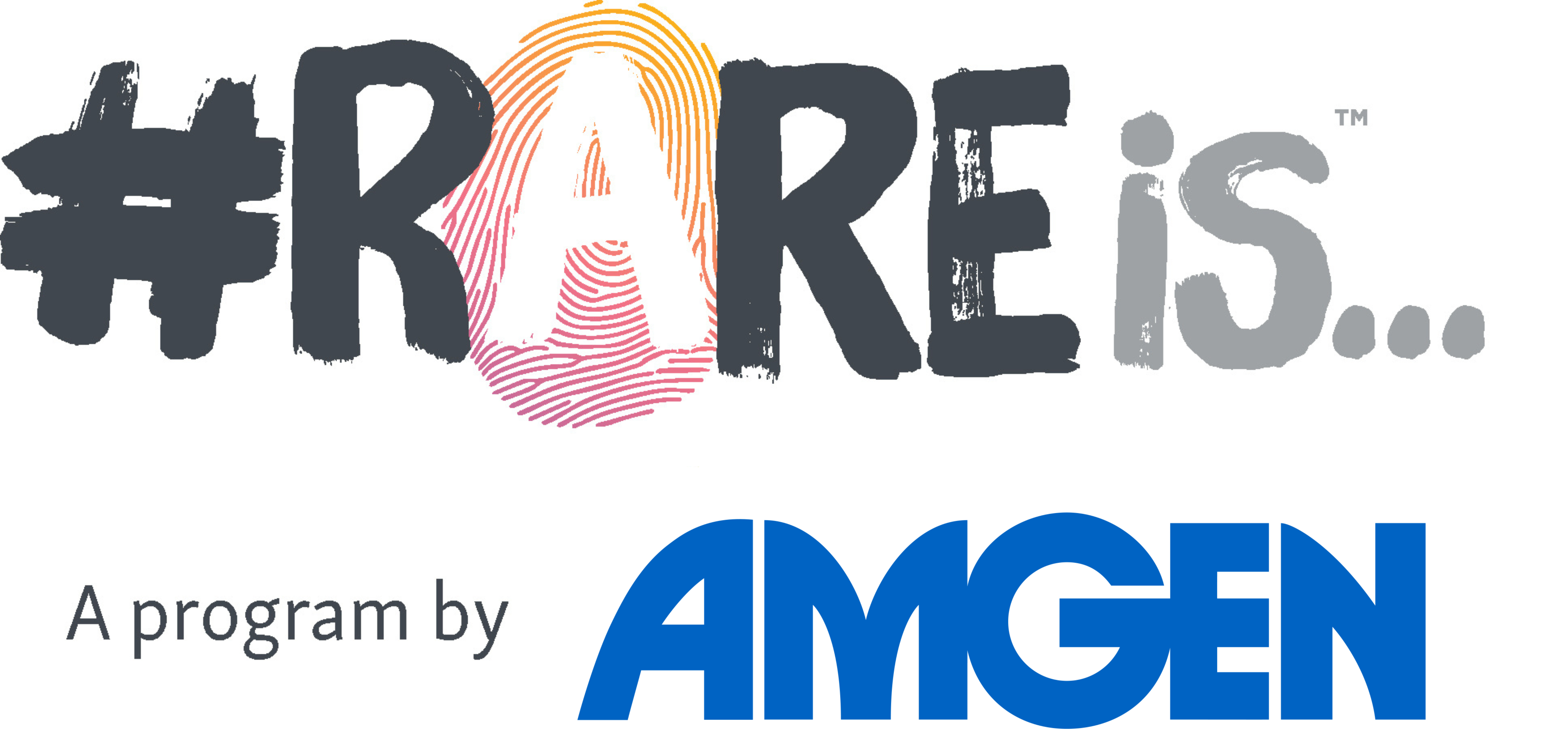There are many different things to consider when deciding to and when to have a genetic test for yourself or a loved one.
First, understanding the purpose of genetic testing is key:
Genetic testing is a type of medical test that identifies changes in chromosomes, genes, or proteins. The results of these tests may confirm or rule out suspected genetic disorders.1
Talking to your doctor or a genetic counselor about what tests may be appropriate, how you will feel about the results and what you will do with that information, is a critical part of the decision-making process for genetic testing. It’s also important to consider limitations of genetic testing and possible results of genetic testing.2 Families who are interested in genetic testing can find more information on the NIH U.S. National Library of Medicine Genetics Home Reference website.
The content in this section may not be applicable in all countries. Genetic testing regulations vary and in some instances may only be carried out at the request of the court, or by a doctor for medical or scientific research purposes.
Who may seek genetic testing?
Individuals or families who are concerned about a possible genetic disorder in the family may work with genetics professionals, such as a genetic counselor.2 Other people may be referred by a healthcare professional due to:3
- Their family history
- Following the birth of a child with health concerns
- Following a miscarriage(s) or stillbirth(s)
How will an appointment with a genetic counselor help me?
Having an appointment with your healthcare provider or genetics professional is the first step for anyone who has or may be at risk for a genetic disorder. Your doctor can explain your options for genetic testing.4
Where will the genetics appointment take place?
A genetics appointment with you and any family will usually take place in a healthcare clinic or medical center, although increasingly, genetic consultations are carried out using telemedicine, including phone or videochat.5
You may also be referred to research opportunities through universities or genetic research departments. Read a blog post about one rare family’s experience.
What will happen at a genetics appointment?
Your doctor or genetic counselor will ask you about your personal medical and family history to understand your risks, whether genetic testing is recommended and what the results might mean to you and your family. If the appointment is not with a genetics specialist, they may also refer you to a genetic counselor who will work with you and your medical team to help each person make informed decisions about their healthcare options.6,7 Click here for more information on the role of a genetic counselor.
If for some reason you aren’t connected with a genetics expert or if you aren’t comfortable with the expert you met, don’t be afraid to seek another expert and search for alternative opinions. It may be easiest to connect with your condition-specific advocacy group for insight into what others may have encountered before. To find out if there is an advocacy group associated with your known condition, visit NORD’s list here. If you are not yet diagnosed, visit NORD’s undiagnosed information page for community connection, here.
NIH Genetics Home Reference
The National Institutes of Health’s Genetics Home Reference website provides consumer-friendly information about the effects of genetic variation on human health and offers a variety of resources.
References
- Genetic Testing: Is This My Path to a Diagnosis? Available at: https://globalgenes.org/wp-content/uploads/2014/05/GG_toolkit_seven_web.pdf. Last accessed November 2020.
- National Society of Genetic Counselors. Who are genetic counselors? Available at: https://www.nsgc.org/About/About-Genetic-Counselors. Last accessed November 2020.
- U.S. National Library of Medicine. Why might someone have a genetic consultation? Available at: https://medlineplus.gov/genetics/understanding/consult/reasons/. Last accessed November 2020.
- U.S. National Library of Medicine. What is a genetic consultation? Available at: https://medlineplus.gov/genetics/understanding/consult/consultation/. Last accessed November 2020.
- National Society of Genetic Counselors. What do genetic counselors do? Available at: https://www.nsgc.org/About/About-Genetic-Counselors. Last accessed November 2020.
- U.S. National Library of Medicine. What happens during a genetic consultation? Available at: https://medlineplus.gov/genetics/understanding/consult/expectations/. Last accessed November 2020.
Thank you to the following organizations that provided strategic guidance on our genetic testing topics: Global Genes, Permanente Medical Group – Genetic Movement Disorder Clinic, Our Odyssey, One Rare and Remember the Girls.

